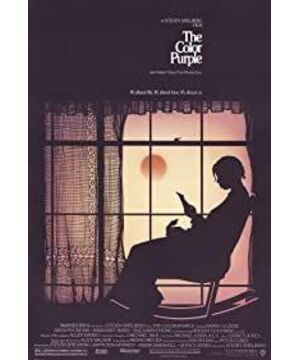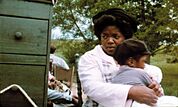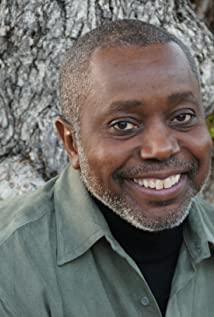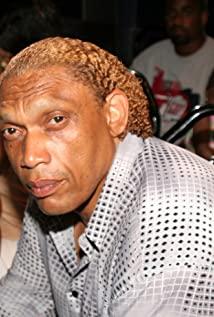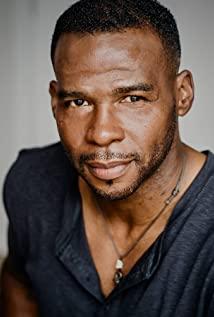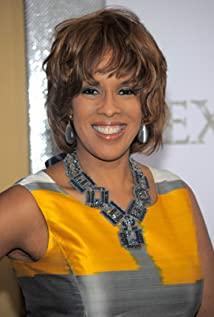For a long time in the development of human civilization, men occupied power and status in society, they made laws, maintained order, ruled countries, and even waged wars. Women are just graceful embellishments or glimpses and flashes of inspiration on the stage of history. In many literary works, men use money, power and status to stage open and secret battles again and again, while women squander more youth and beauty, and these are just looking forward to men's review. The invisible shackles for a long time have put them in the window of the social stage to "show auction", and happiness or sadness cannot be controlled by themselves. In October 1847, "Jane Eyre" was published. The heroine written by Charlotte Bronte was no longer delicate and weak. She was poor, short, dark, and stubborn. Unlike other love stories with disparity in status, she did not. Blindly indulging in the whirlpool of love, but holding his head high in pursuit of equality, whether in life or emotionally. Her aunt's ruthlessness taught her to resist, the hardships of the orphanage taught her to be patient, the mockery and contempt of noble ladies taught her how to maintain her dignity, and Mr. Rochester's concealment and power made her abandon the happiness at hand and set foot on thorns to pursue the one in love. equality. Although as early as 1789, French female playwrights had already begun to fight for women's power, but Jane Eyre was an enlightenment novel that awakened many women's sense of independence. Afro-American female writer Alice Walker loves this book. She wrote the sensational "Purple" in 1982, which escaped the pain and hatred brought about by exposing racial discrimination in previous black novels, and focused on the family relationship between black men and women and the oppression of male power. In many places, the novel was influenced by Zora Neal Hurston, a female writer born at the end of the eighteenth century. His work "Their Eyes Look at God" tells the story of a black woman, Jenny, as a woman, fighting for basic human rights and dignity in a patriarchal society in fluent and poetic words. In the first few years, the novel was shelved due to its "lack of perspectives on racial protest and struggle", and it wasn't until the feminist movement in the 1970s that it was given due credit. The frenzy to protest racial conflicts faded, and people began to explore their own cultures and worldviews. The black people in Hurston's works do not feel the pain of repression because of their dark skin, they enjoy the happiness brought by labor, but also have to face the disasters in life. Compared with the tragic experience of the heroine Celie in "The Purple", Jenny lived a "calm and happy" life. She married Logan, who owned a property, and Joe Starks, the mayor who made a fortune. Run away from this enviable life. Because the two men are either using her as a tool to show off As an accessory, she could not talk to others to express her opinion, which was an invisible chain that society put on women at that time. Alice Walker also wrote in the book, "Who wants a husband who knows everything and she also knows a wife?" Women are just tools for reproduction, and the greatest ideal that must be born is to marry a husband and take care of them faithfully and dutifully. home. The power that history bestows on men is an invisible soft whip that domesticates women's dreams. Jenny left Logan because Joe Starks longed for a life change that made her see her dying dream again; she left Joe Starks again because he was like a giant wheel Her inner vitality was abundant, and her mental violence suffocated her heart again and again. In the end, she met the impoverished Wejib Wuci (nicknamed Sweet Dessert), whose love and understanding brought her back to life again. But even if she loves her so much, Dessert, who is willing to give her life for her, will still beat her, not for anger, but to show her status as the head of the family by hitting her. Like the other two men, he believed in his heart that he was dedicated to Jenny, so Jenny would depend on him unconditionally. This is the crux of society being dominated by men for a long time, and it is a mark engraved in everyone's life. Brave and independent women fight with time, blood and tears, perseverance, love, life and destiny.
View more about The Color Purple reviews


